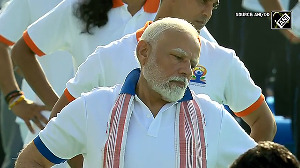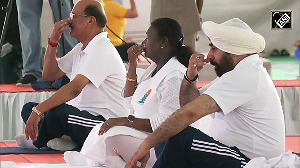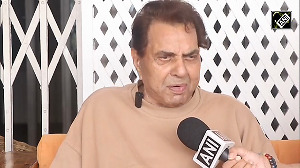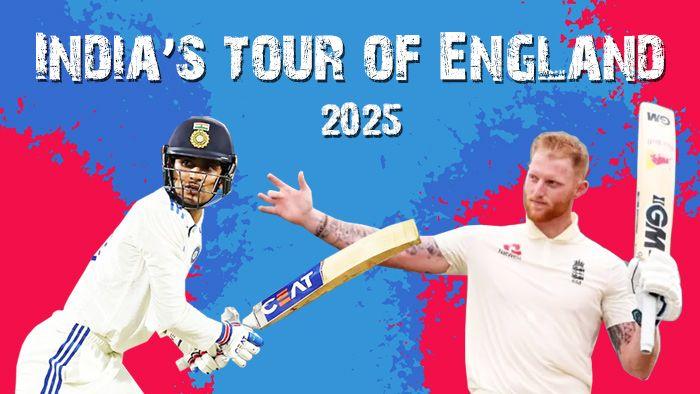But the players have yet to agree to the plan and their request for an extra month to consider their options has been turned down by the ICC.
The players, all white, were sacked after refusing to play for Zimbabwe in protest at the removal of Heath Streak as captain and a row about selection policies, which they viewed as racially-based.
The row left the ZCU unable to put out a side which could compete at the top level and they were forced to agree to postpone all their test matches until the end of the year.
The International Cricket Council said in a statement on Wednesday that they hoped the proposal would "see that current dispute quickly resolved in Zimbabwe by Zimbabweans".
The ICC said the plan had been explained to both parties before a 14-day deadline was imposed on them on June 30 to reach an agreement on an arbitration procedure.
It calls for a three person tribunal with one person nominated by the ZCU, one by the players and they would chose a chairperson.
"The tribunal would address the specific concerns raised by the players in their correspondence with the ICC and any decision
"The players have sought a further extension of a month to consider the system.
"The ICC has advised the players of its strong preference to have this matter dealt with as quickly as possible and has expressed its reluctance to provide this extension which would leave these matters unresolved.
"It has now asked the players to fast-track their decision on whether they will agree to this proposal to allow the matter to move to the next stage."
The players' lawyer Chris Venturas said they were already involved in the formal ICC disputes resolution process and were reluctant to be rushed into abandoning that avenue.
"Whether we actually go to arbitration at this moment is an issue," he said earlier on Wednesday.
"We have a dispute mechanism pending with the ICC as we speak and we are not happy to withdraw it yet.
"We might relinquish certain rights and remedies if we withdraw that ICC dispute resolution which we initiated two months ago.
"We would prefer a domestic resolution to this problem -- it's a Zimbabwean issue and we want Zimbabwe to sort it out. But if my clients are better off proceeding in this courtroom in the UK then we'll have to abide by that."







